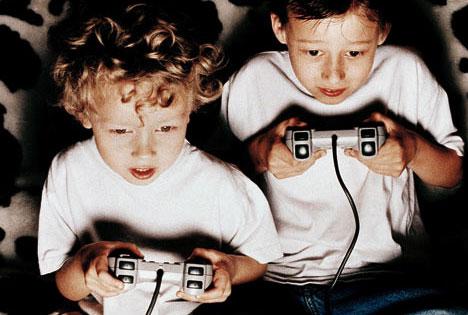And teachers, parents, health workers and school counsellors are being put on notice to help identify when a child's internet use becomes a problem.
Nick Kowalenko, chairman of the Royal Australian and New Zealand College of Psychiatrists child and adolescent psychiatry faculty, said the issue is being raised more often.
A position statement issued by the college says that if children are denied access to online games, they can become moody and withdraw from friends and social interactions.
Schooling, work and relationships can also be negatively affected.
"It's probably happening in our community a bit more often than we're recognising because we're just not that good at recognising it yet," Dr Kowalenko told AAP.
"It's cause for alarm in the same way drug abuse is cause for alarm or interpersonal violence. They're all issues that don't usually improve anyone's health."
Dr Kowalenko said adults who work closely with children can help identify whether a child's internet use is getting in the way of normal activities.
Once the problem is identified, it can then be followed by advice, support and care.
"What we're trying to do is alert those people out there plus young people themselves, in a bit like the same way you give people information about addiction to an alcoholic, so they get a sense of how it might be a risk for them and they might not notice it," Dr Kowalenko said.
The position statement outlines a potentially emerging disorder called problematic internet use, in which young people, more often than older people, become dependent on some aspects of gaming, Dr Kowalenko said.
"It seems to limit their general functioning and can even be bad for their general health and wellbeing," he said.
A two-year study released last year found youths were at risk of becoming pathological gamers if they are impulsive.
Those who become pathological gamers suffer in their school work and are at risk of depression, anxiety and extreme shyness.
The position statement also highlights cyber-bullying, aggression and the sexualisation of children as internet-related issues affecting children and makes a series of recommendations.








 Agree (0)
Agree (0) Disagree (
Disagree (










__small.png)










